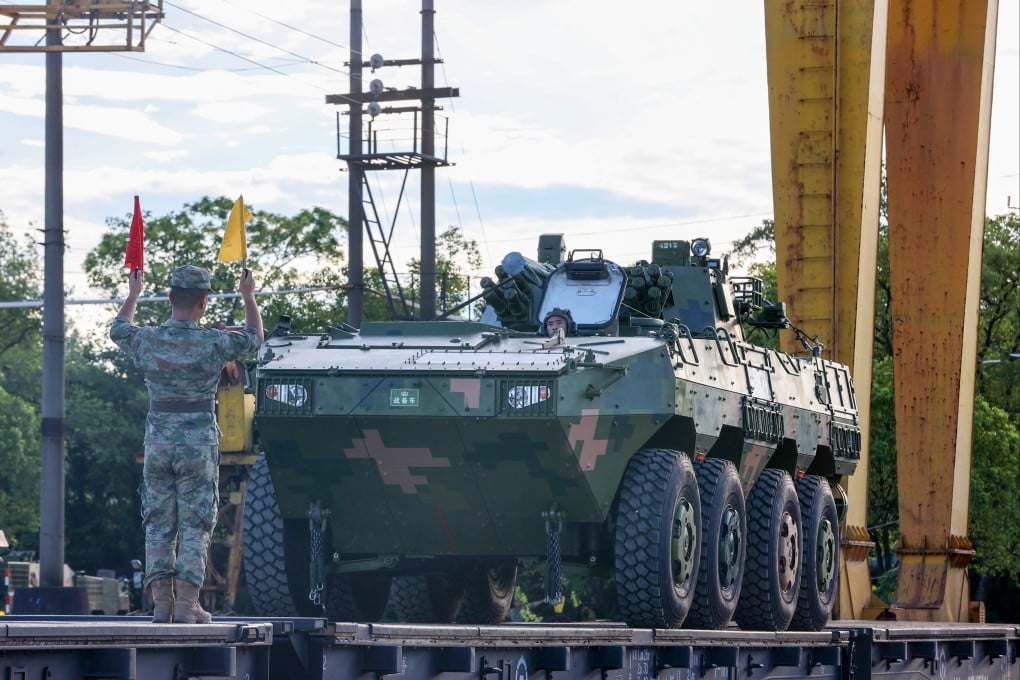China rolls out world’s first military-proof 5G that can connect 10,000 army robots
A mobile communications system that can move through complex terrains has been developed by Chinese scientists

Even when PLA troops are advancing at 80km/h (50mph) in complex terrains, such as mountains or cities, and are subjected to electromagnetic interference, the system can still maintain an uninterrupted total throughput of 10 gigabits per second and a latency of less than 15 milliseconds.
The technology was detailed in a peer-reviewed paper published on December 17 in the Chinese journal, Telecommunications Science, by a project team led by senior engineer Hou Jie with the 31567 Unit of the PLA.
Additionally, the antenna installed on communication vehicles must not exceed 3 metres (9.8 feet) in height to avoid hitting obstacles such as buildings or trees. But this severely affects the coverage range of high-quality signals.
